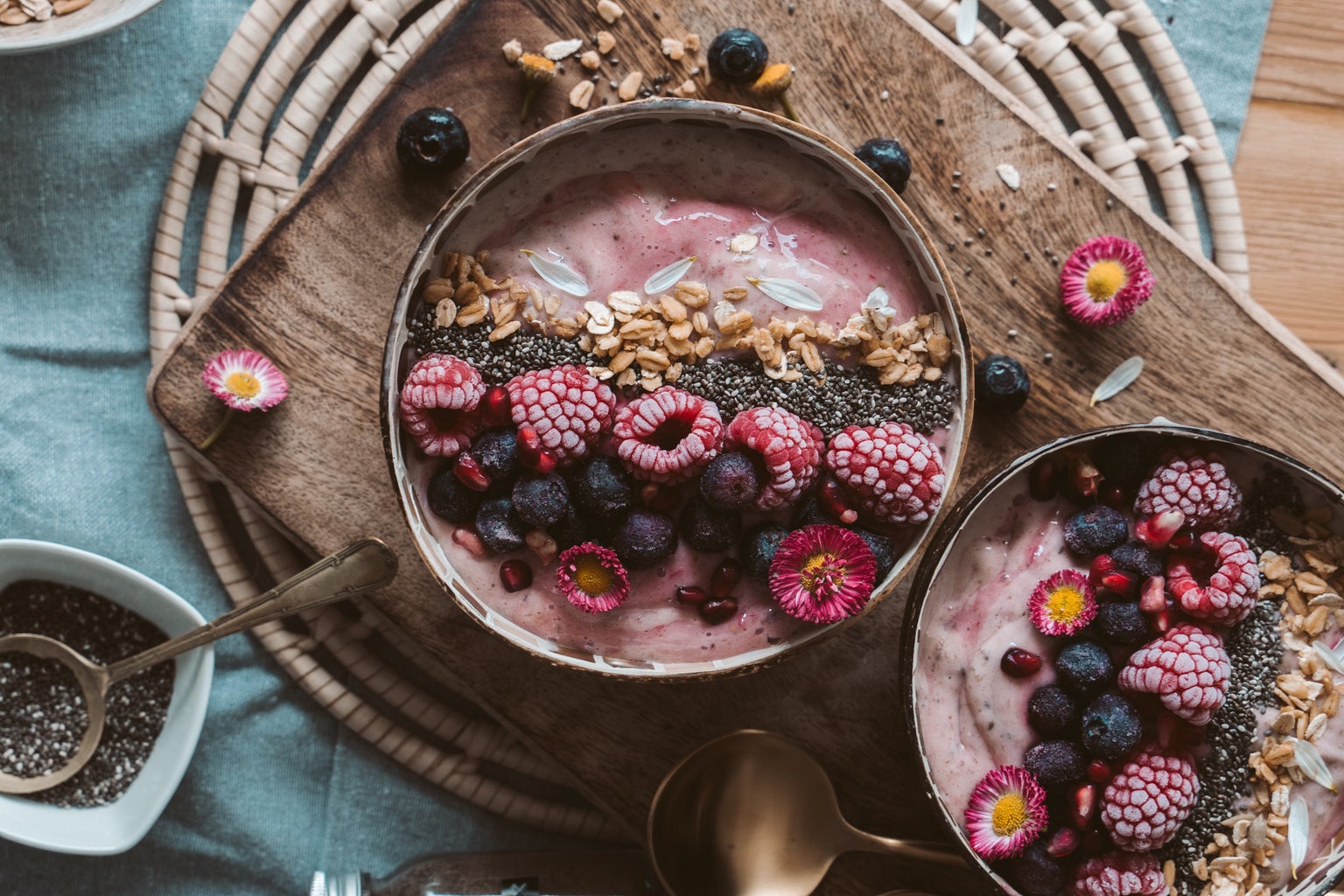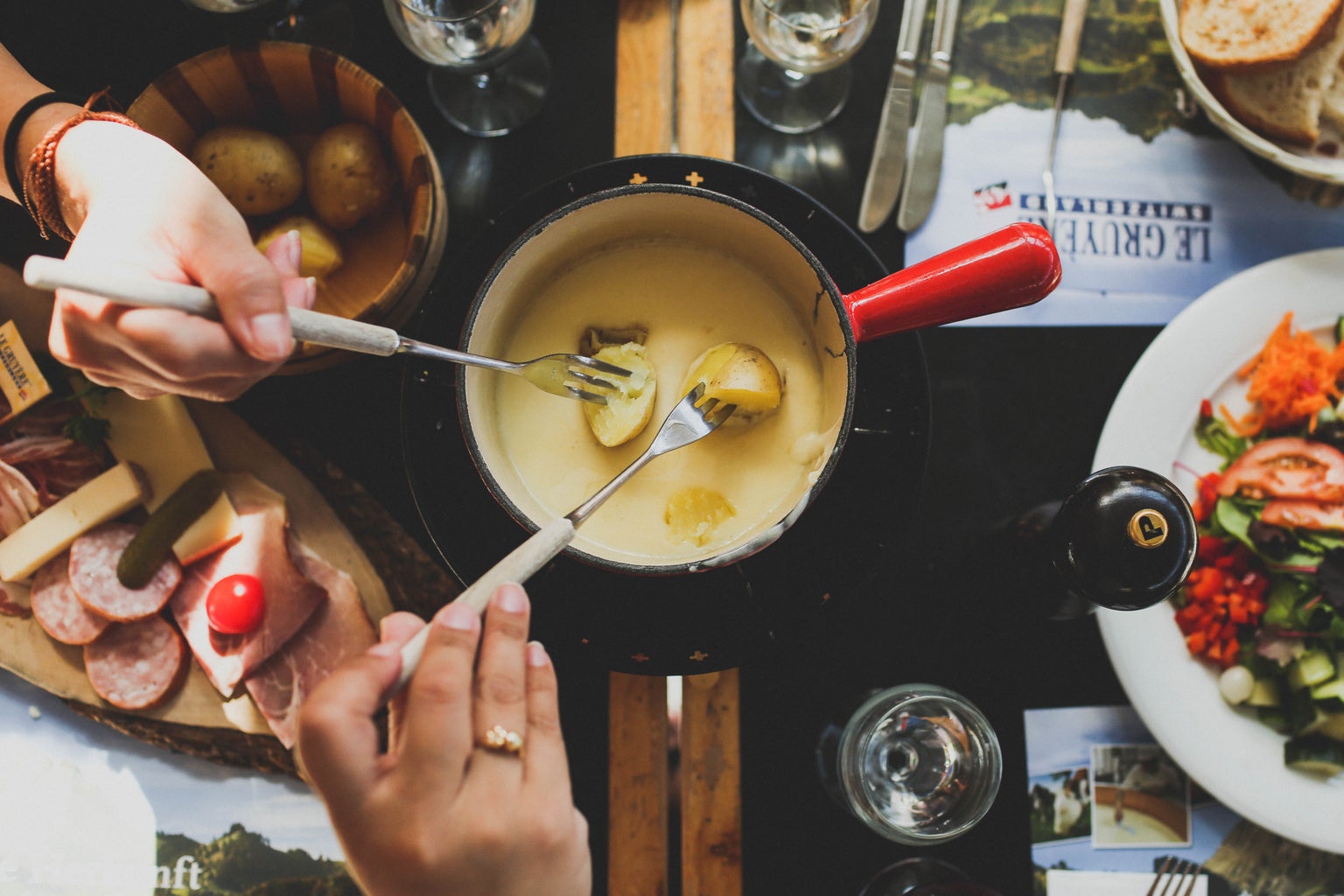Disclaimer
Always talk to your doctor and healthcare team before making any major changes to your diet. This is merely my experience and everyone’s health and wellness journey is different. I speak as someone without any major health conditions that impact what I can and can’t eat. Please take everything with a grain of salt and never judge anyone else’s choices about the food they eat.
Diet culture is a prevalent and dangerous phenomenon in our society. Disordered eating is romanticized, glorified, and worst of all, normalized. It is challenging to avoid submitting to the compelling spell of diet culture, especially when people close to you succumb to it.
Debunking Dieting
According to a study conducted by Within Health in 2022, an average of 80% of Americans have been on a diet in the past:85% of American women and 72% of American men have been on a diet. The researchers also found that 44% of the Americans surveyed were currently on a diet at the time the study was conducted. These numbers demonstrate that dieting is incredibly common among men and women, though more women fall victim to diet culture than men, demonstrating stark gender norms and expectations when it comes to dieting.
Additionally, according to Katie Piel, the primary therapist at Within Health, “Only 3% of people who diet keep the weight off long term.” Most diets are not sustainable and fail to provide long-term results.
Piel also says, “A conservative statistic asserts that 20-25% of people who diet will go on to develop full-blown eating disorders, according to NEDA; and more will develop chronic dieting and a disordered relationship with food.” Dieting is a slippery slope, especially for anyone with a history of disordered eating.
Diets restrict what you eat, when you eat, and promote habits of ignoring hunger cues and cravings. Diets give the false impression that we can outsmart our brains when it comes to hunger cues. According to Carrie Dennett, a nutritionist and writer at the Seattle Times, “if you ignore hunger, ghrelin levels will continue to rise, leading to the primal hunger that can cause what feels like out-of-control eating.” This rise in ghrelin levels explains why binge eating often follows periods of restriction.
An Alternative Solution: Intuitive Eating
So if dieting doesn’t work, what do we do? Of course it is important to eat a well-balanced diet and consume all necessary nutrients, but this is possible without rigid diets. Intuitive eating is about listening to your body and changing how you view food. According to Shishira Sreenivas, a writer at WebMD, “Intuitive eating is a simple idea. It means that you make peace with all types of food. Unlike traditional diets that restrict or ban certain foods, intuitive eating requires you to stop looking at food as “good” or “bad.” Instead, you listen to your body and eat what feels right for you.” Personally, I try to balance this by thinking about what I want and what I need. Sometimes, chicken tenders and fries is sufficient for me. Other times, I still want chicken tenders and fries and will get them, but if I’m craving a fruit or vegetable, I’ll get a small salad or a cup of fruit to go with it.
Some assume that this means you just eat whatever you want, which leads many to believe that if they try intuitive eating, they will just eat junk food and things that taste good, leading to poorer health. However, this is not the case. When I first started my intuitive eating journey, I did eat a lot of sweets and processed foods at first, but I started craving fruits and vegetables and other nutrient-dense food pretty quickly. Once I stopped fighting my body, it began to tell me what I really needed and wanted.
According to Evelyn Tribole and Elyse Resch, founders of the Original Intuitive Eating Pros, the 10 principles of intuitive eating are as follows:
- Reject the Diet Mentality
- Honor Your Hunger
- Make Peace with Food
- Challenge the Food Police
- Discover the Satisfaction Factor
- Feel Your Fullness
- Cope with Your Emotions with Kindness
- Respect Your Body
- Movement–Feel the Difference
- Honor Your Health– Gentle Nutrition
Understanding these guiding principles is a great place to start your intuitive eating journey if you so choose. The guiding post for all of these principles is the importance of looking inward and honoring yourself as you are now, completely and fully without judgment.
Weight is not Health
Sreenivas says, “When you eat intuitively, you also let go of the idea that you need to lose or gain weight so you can look a certain way. The idea is to help you focus on foods that work best for your overall physical and mental health.” The line between dieting to get healthy versus dieting to look a certain way is quite blurry.
People often equate weight to health, but this could not be more wrong. BMI is an extremely poor measurement of health. According to Lanaya Oliver, a personal trainer at CU Boulder, “Many health professionals no longer measure or take BMI into account because it’s so outdated and doesn’t account for different body types, breasts on women, and other normal structures.” It only takes into account your height and weight and it completely ignores bone density, muscle mass and other important factors. Additionally, it was created about 200 years ago and was never intended to be used for an entire population of people. According to the BMI scale, most professional football players are obese, though many would argue they are the most physically fit people in the country.
Just as fat does not mean unhealthy, skinny does not mean healthy. “Skinny people can have high cholesterol. “Obese” people can have normal cholesterol. Your shape does not always equate to your health,” says Dr. Konstantin Lukin. He also explains that the primary factor that determines weight is genetics, which no diet can manipulate.
He adds, “Most bodies have a sort of set point that they will naturally try to return to, and this is usually a stronger predictor than exercise and diet. (News flash: it’s not just skinny people who work out! Fat people can exercise, and be healthy. And they might still be fat!).”
Dieting to lose weight often does not mean the same thing as dieting to get healthier. Incorporating more healthy foods into your diet is a great thing, but it is time to abandon the goal of weight loss and changing your physical appearance. When I shifted my mindset around eating and exercising to feel good rather than to look a certain way, I began to feel better physically and mentally, something that was impossible to do when I restricted my eating in the past.
Food is Fuel and so much more
In rejecting diet culture, many have taken to the motto “food is fuel.” Though I adopted this sentiment and still agree with it to a certain extent, I would argue that food is more than just fuel. Food is fuel in the sense that it nourishes our bodies and we need it to survive and to function both physically and mentally. However, if food was really just fuel, we would be just as well having some sort of kibble-like food just like our pets. If eating was only about getting the nutrients we needed, we would all eat the same thing and only eat to obtain energy.
Obviously, this is not the case. Food is an essential part of being human. It is about connection, culture and tradition. When we travel we learn about places through cuisine. When we celebrate holidays we share food with family and friends. Food is meant to be savored, enjoyed and shared.
I love food and I love eating with people I care about. A few years ago, I would not have been able to say that. It has taken a lot of time and effort, but food doesn’t scare me anymore. Having just had Thanksgiving and enjoying a colorful plate full of a delicious assortment of vegetables and potatoes and turkey, followed by cobbler and pie, I am so grateful to be where I am today. Food is wonderful and it shouldn’t be scary or anxiety-inducing. I am worthy of enjoying food and indulging in it, and so are you.
Intuitive eating encourages us to eat nourishing foods that make us feel physically well, but also to indulge and enjoy food for everything else that it is. Everything in life is about balance and through intuitive eating, I have found a strong sense of balance between my mind and body. It isn’t perfect and I am still learning, but my intuitive eating journey has been incredibly healing and affirming.





